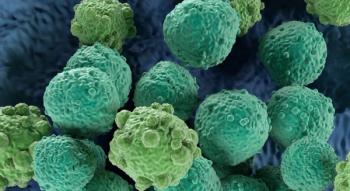
Mustang Bio presented data on MB-106 at the 2022 EHA Congress.
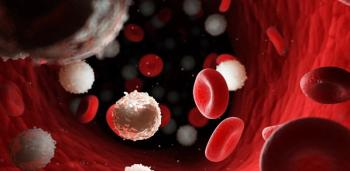
Among treated patients, 42% achieved 5-year event free survival.
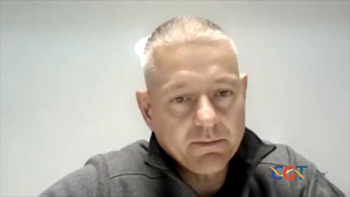
Takashi Kei Kishimoto, PhD, and Carsten Brunn, PhD, the chief science and executive officers of Selecta Biosciences, discussed the immunogenicity-mitigating properties of ImmTOR.

GC012F also showed efficacy in B-cell non-Hodgkin lymphoma.
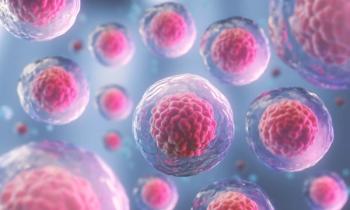
The CD-19 CAR T-cell therapy is developed using Curocell’s OVISTM platform.
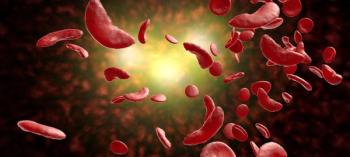
Results from the CLIMB THAL-111 and CLIMB SCD-121 trials were presented at the EHA 2022 Congress.
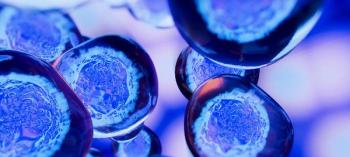
Response rates were significantly higher but patients had more cases of ICANS and CRS with axi-cel treatment compared to tisa-cel treatment.
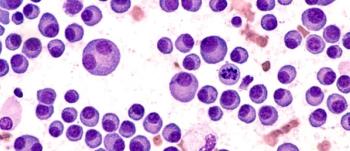
Participants in the trial achieved a sustained response and experienced low-grade toxicity.

A phase 2 clinical trial evaluating a T-cell memory enriched anti-CD30 CAR-T is now underway.

As of the data cutoff, 3 of 5 treated participants remain in complete response.
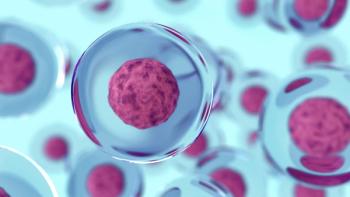
Statistically significant differences were seen in global health status, pain, and fatigue.

Three of 6 patients have an ongoing response.
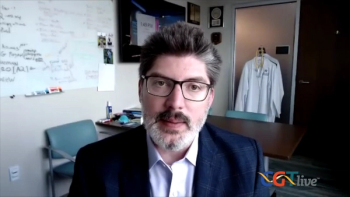
The vice-chair of the Department of Blood and Marrow Transplant and Cellular Immunotherapy at Moffitt Cancer Center discussed positive data seen with tisa-cel, liso-cel, ide-cel, cilta-cel, and brexu-cel.
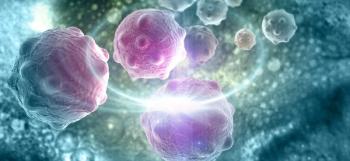
The chimeric antigen receptor-modified autologous T cells targeting CLDN18.2 had a manageable safety/tolerability profile and promising efficacy.
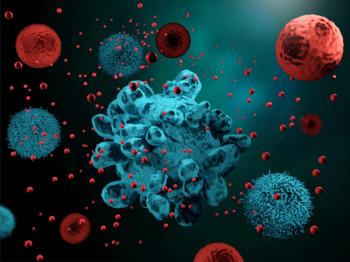
100% overall response and complete response rates were seen in patients treated with prior CD19 CAR T-cell therapy.
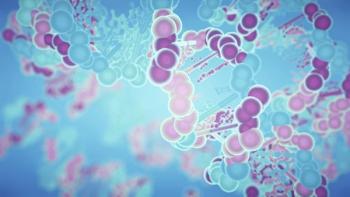
Overall response rate was 41.7% and median progression free survival was 7.2 months.
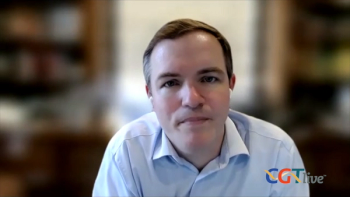
Jason Westin, MD, FACP, leader, DLBCL research team, MD Anderson Cancer Center, discussed results from the ZUMA-7 trial at ASCO 2022.

The findings suggest that less disadvantaged patients with high disease burden may have greater ability to advocate for CAR T-cell therapy.
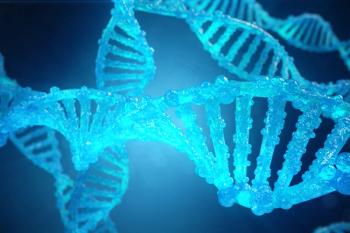
69% of patients followed up for at least 1 year continue to have an ongoing response.

Three of the 9 patients who received the infusion demonstrated best overall response of Stable Disease, and investigators determined dose level 2 to be the biologically effective dose.
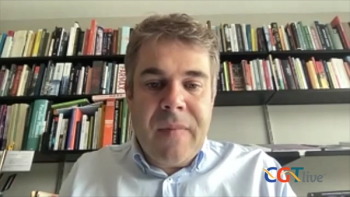
Niels van de Donk, MD, PhD, professor, Amsterdam University Medical Centers, discussed positive findings from cohort B of the CARTITUDE-2 study.

Regardless of bone marrow cellularity, bone marrow minimal residual disease (MRD) negativity at month 1 correlated with deep response and prolonged PFS.

Melissa Alsina, MD, gave a talk on novel CAR therapies, targets, and approaches at the 2022 ASCO meeting.

Findings from the US-based study align with results from a phase 1b/2 study completed in China of CT041 in patients with gastric and gastroesophageal junction adenocarcinoma.
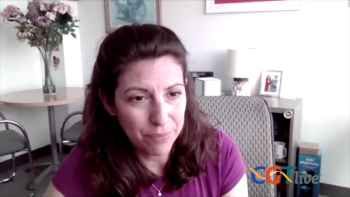
The assistant professor of medicine at University of Pennsylvania Hospital stressed the importance of tumor sequencing.

The phase 1, open-label, single-arm study demonstrated favorable safety and robust efficacy for the autologous GPRC5D-directed CAR-T cell therapy.
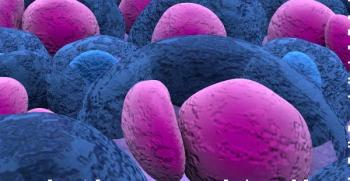
Data were presented at ASCO 2021 and EHA 2021 for the initial 19 patients. Now, investigators are painting a fuller picture with an additional 9.
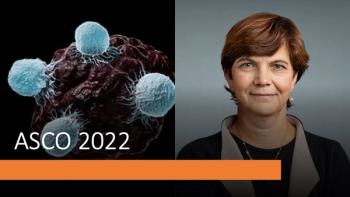
The BASECAMP-1 study is currently enrolling participants to explore the feasibility of manufacturing a novel CAR T-cell therapy with a target antigen activator and a HLA LOH-based blocker.

Higher-dose lymphodepleting regimens led to higher toxicity but high response rates.

Cohort A of the CARTITUDE-2 study is evaluating cilta-cel safety and efficacy in patients with multiple myeloma who received 1 to 3 prior lines of therapy.